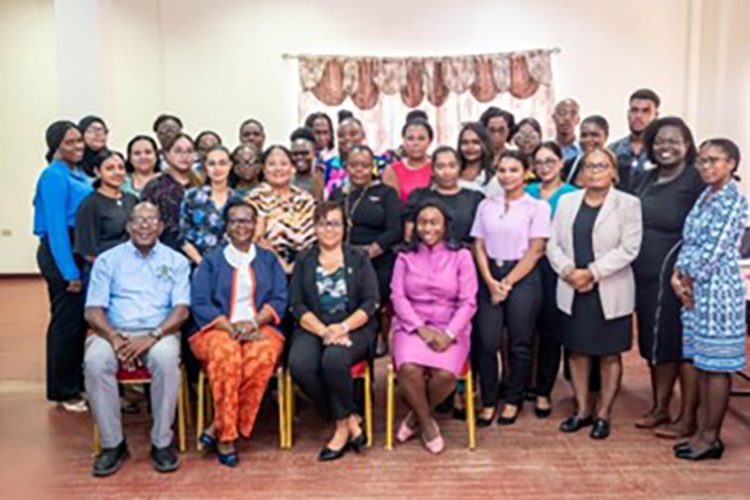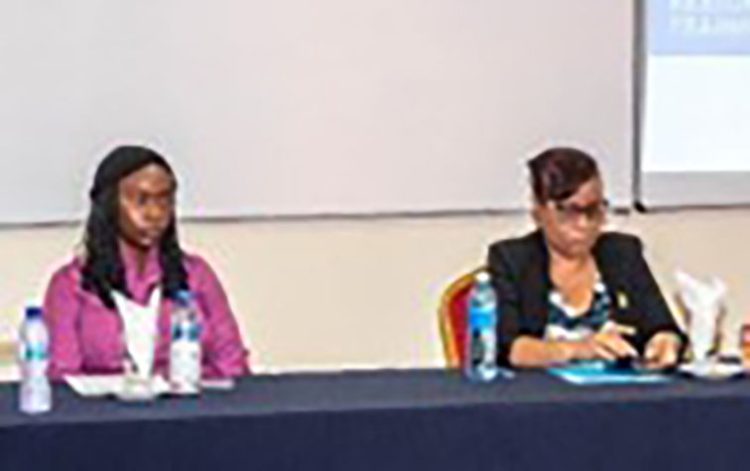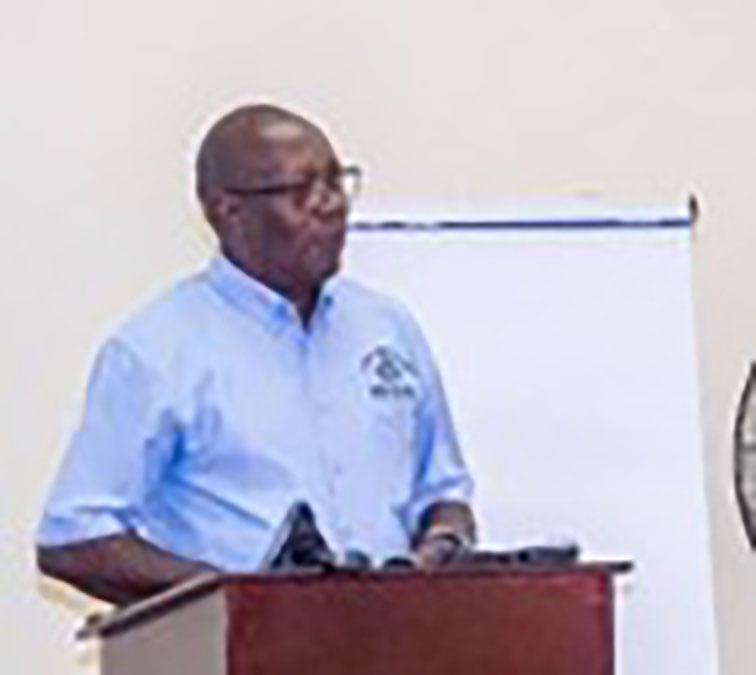As it moves towards outlawing corporal punishment with regard to children, the government, through the Ministry of Legal Affairs in collaboration with the Ministry of Education Schools Welfare Division is hosting a two-day Restorative Justice Training exercise with schools’ welfare officers and counsellors. The training is being hosted at the Police Training Centre in Georgetown.
Director of the Restorative Justice Centre William Boston, during the opening of the training yesterday, said “Welfare officers will now see that restorative justice is a paradigm shift in dealing with dissidents not only as it relates to the court system, but … to schools and people, and it is more or less the modern, holistic way of dealing with what is categorised as wrongdoings.”


He encouraged welfare officers to be open to learning new measures to maintain and ensure there is discipline in schools.
“I know you’re accustomed to your line of discipline and your SOPs of discipline, but this … transformative journey is one that will lead to a shift in the way we deal with discipline sometimes. And it is also one of the methodologies which will lead to more harmonious resolutions to ensure that society does not create bitterness but more or less move forward in a way of understanding right and wrong, appreciating the impacts of right and wrong and also appreciating how victims or offenders can work unitarily to ensure serious resolutions and understanding of each other’s path,” Boston said.
Senior Welfare Officer at the Ministry of Education Cornella Leitch said that with the training, instead of using corporal punishment, counsellors must use new techniques. “We know previously when we were going to school there was something called corporal punishment; you do something wrong you get some lashes and we thought that it was correcting our behaviour. Now…, over the next two days you will learn new techniques, new ways in dealing with situations. This restorative justice practice will help us to understand the situation and how instead of thinking about corporal punishment, we can move away from that and implement other strategies,” she said.
Permanent Secretary at the Ministry of Legal Affairs Adele Clarke stated that the objective of restorative justice is “to address two problems facing the criminal justice system, and that is to reduce the both reliance and criminal justice system on custodial sentences and to reduce the overuse of trial detention.”
A group of 70 citizens, including toshaos, prison officers, and probation officers, juvenile justice officers, and representatives of non-governmental organisations back in February of this year benefited from a similar two-day Restorative Justice Training programme.










